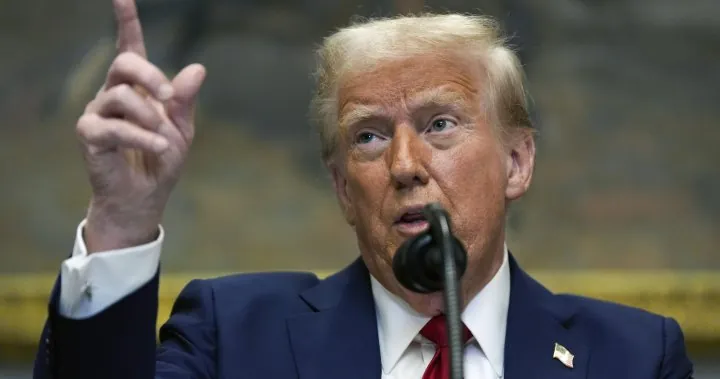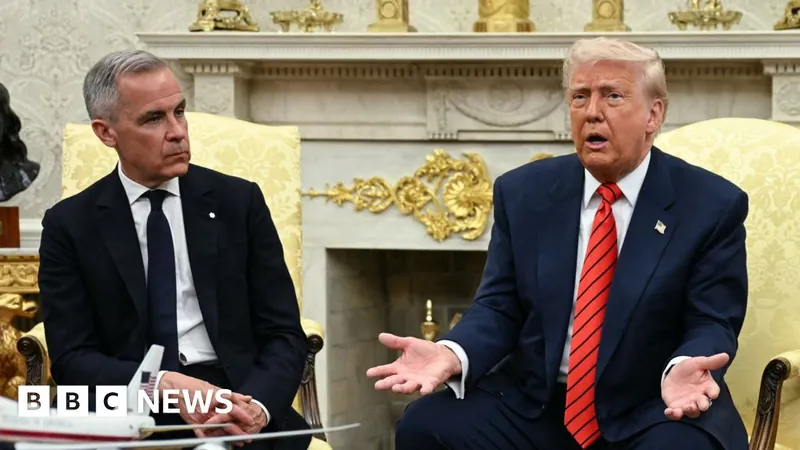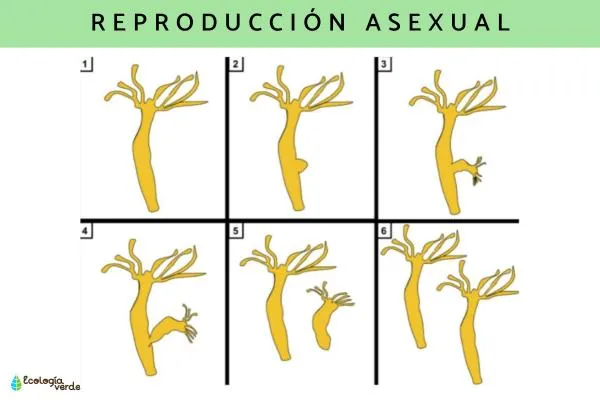
Trump Claims "We Don’t Need" Canada’s Oil and Gas—Is This the Start of a Lucrative Energy Standoff?
2025-01-23
Author: Liam
Trump's Controversial Address
In a controversial address at the World Economic Forum in Davos, Switzerland, U.S. President Donald Trump took a bold stance, criticizing Canada and asserting that the United States does not rely on its northern neighbor for oil and gas supplies. Trump's comments raised eyebrows and sparked discussions among economists, industry leaders, and policymakers about the future of U.S.-Canada trade relations.
Trade Deficit and Economic Interdependency
Trump, who described Canada as “tough to deal with,” pointed to a significant trade deficit between the two countries, which he estimated to be around $200 to $250 billion. “We don’t need them to make our cars, and they make a lot of them. We don’t need their lumber because we have our own forests. We don’t need their oil and gas. We have more than anybody,” he asserted, suggesting that American resources make Canada’s contributions lesser in importance.
Possible Statehood for Canada?
The President also floated the idea of making Canada the 51st state, stating that doing so could eliminate trade deficits and tariff complications. This remark comes against a backdrop of escalating tensions regarding trade, particularly after Trump threatened to impose 25% tariffs on all Canadian imports, a measure that could have devastating economic effects on both nations.
Trudeau's Response
Canadian Prime Minister Justin Trudeau quickly responded to Trump’s statements, emphasizing the critical role that Canadian energy supplies play in the U.S. economy. 'We’re a reliable and trustworthy partner,' Trudeau remarked, adding that as the U.S. aims for a so-called 'golden age' of economic growth, they would undoubtedly require more energy and natural resources that Canada supplies.
The Economic Reality
Despite Trump’s rhetoric, data portrays a different picture: Canada is indeed a crucial energy partner for the U.S., supplying more than half of American crude oil imports. This interdependency creates a complex dynamic; many American refineries rely heavily on Canadian crude. Economists have warned that imposing tariffs on Canadian energy could lead to increased gasoline prices for U.S. consumers, directly contradicting Trump’s agenda of driving down energy costs and combating inflation.
Canadian Proactivity
In light of these developments, Canadian officials have been proactive, seeking to reiterate the value of their energy partnership amidst threats of tariffs. Alberta Premier Danielle Smith hinted at possible retaliatory measures but clarified that outright energy export cuts weren’t on the table. Canadian leadership is reportedly focusing on enhancing domestic energy infrastructure, exploring new ways to transport oil and gas within Canada, and reducing reliance on the U.S. market.
Implications of a Tariff Battle
The looming prospect of a tariff battle has broader implications, raising questions about the stability of the North American energy market and potential price hikes on consumer goods. Furthermore, Trump reiterated his request to NATO allies to increase defense spending targets, underscoring a continued call for greater economic self-sufficiency.









 Brasil (PT)
Brasil (PT)
 Canada (EN)
Canada (EN)
 Chile (ES)
Chile (ES)
 Česko (CS)
Česko (CS)
 대한민국 (KO)
대한민국 (KO)
 España (ES)
España (ES)
 France (FR)
France (FR)
 Hong Kong (EN)
Hong Kong (EN)
 Italia (IT)
Italia (IT)
 日本 (JA)
日本 (JA)
 Magyarország (HU)
Magyarország (HU)
 Norge (NO)
Norge (NO)
 Polska (PL)
Polska (PL)
 Schweiz (DE)
Schweiz (DE)
 Singapore (EN)
Singapore (EN)
 Sverige (SV)
Sverige (SV)
 Suomi (FI)
Suomi (FI)
 Türkiye (TR)
Türkiye (TR)
 الإمارات العربية المتحدة (AR)
الإمارات العربية المتحدة (AR)